8 things we learned about Hideo Kojima from his Connecting Worlds documentary
Opinion | From the death of his father, to the risk involved with Death Stranding, Connecting Worlds offers a glimpse at the auteur's life behind the scenes
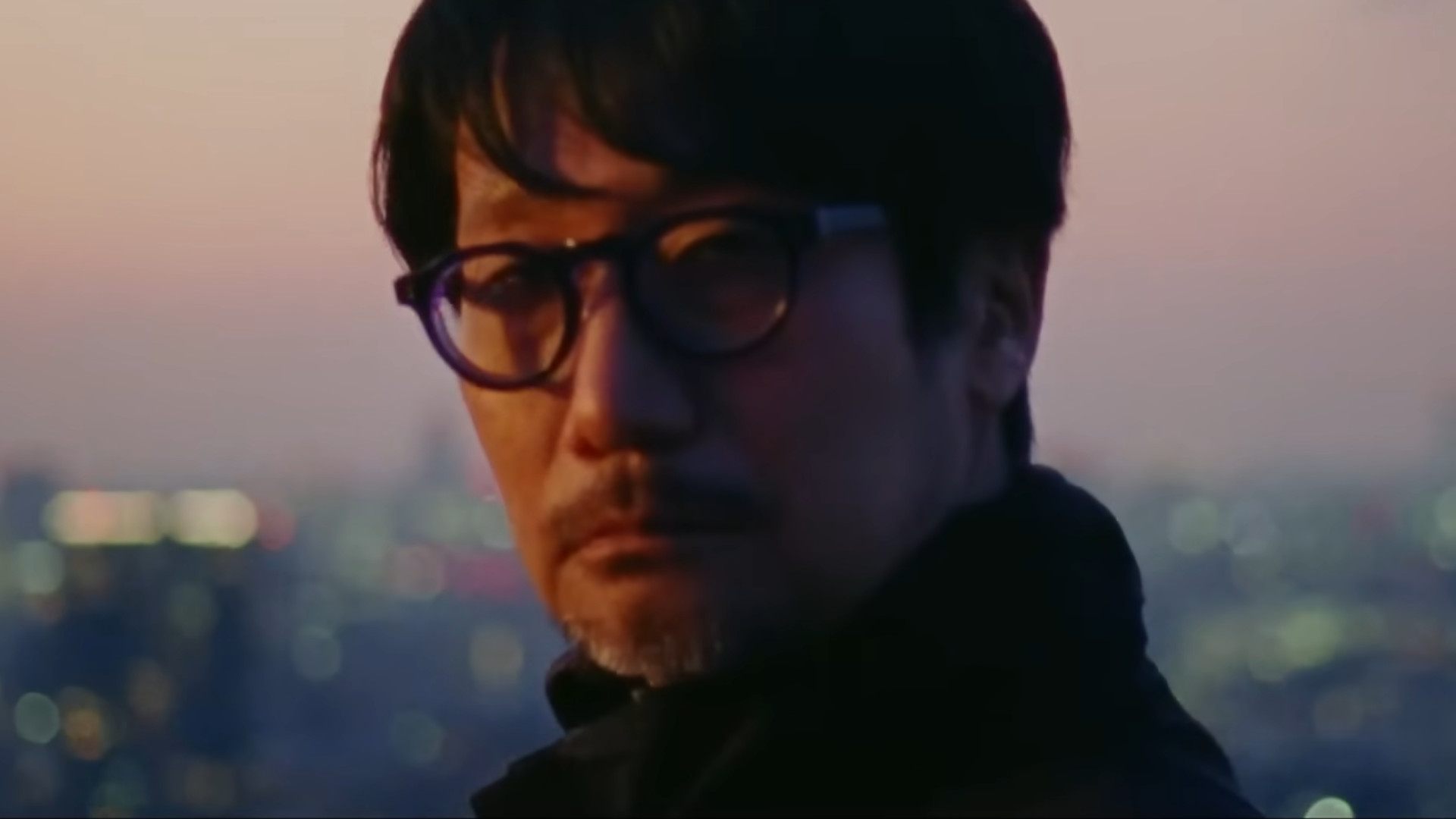
Who is Hideo Kojima, really? The creator and director of the Metal Gear Solid franchise and the 2019 post-apocalyptic sci-fi Death Stranding is hailed as one of the gaming industry's bonafide auteur directors. But however active Kojima is on social media, where he often lets his cinephile flag fly, the life of the man remains mostly unknown.
A new documentary, Hideo Kojima: Connecting Worlds directed by Glen Milner, doesn't quite tell the life story of its subject. It doesn't spend any real time at all diving into the fallout between Kojima and Konami, the Japanese gaming giant that made its fortunes producing games like the Metal Gear Solid series – nor is there any mention of Silent Hills, Kojima's canceled horror game, that was famously preceded by P.T., the short 'playable teaser' horror venture of 2014. Rather, the documentary spends its hour-long runtime probing Kojima's artistry and personality, revealing an eccentric, self-admitted micromanager whose recurring narrative themes and wistful desire to connect the world take root in a childhood full of curiosity.
Alongside interviews with Kojima, also featured in the documentary are interviews with his collaborators at his studio Kojima Productions, fellow industry luminaries, and Hollywood friends like Norman Reedus, George Miller, Grimes, and Mads Mikkelsen to provide their own glimpses into Kojima's opaque genius. Following its world premiere screening at the Tribeca Film Festival, here are eight things we learned about Hideo Kojima and the making of Death Stranding from the movie.
Death Stranding was a risky endeavor
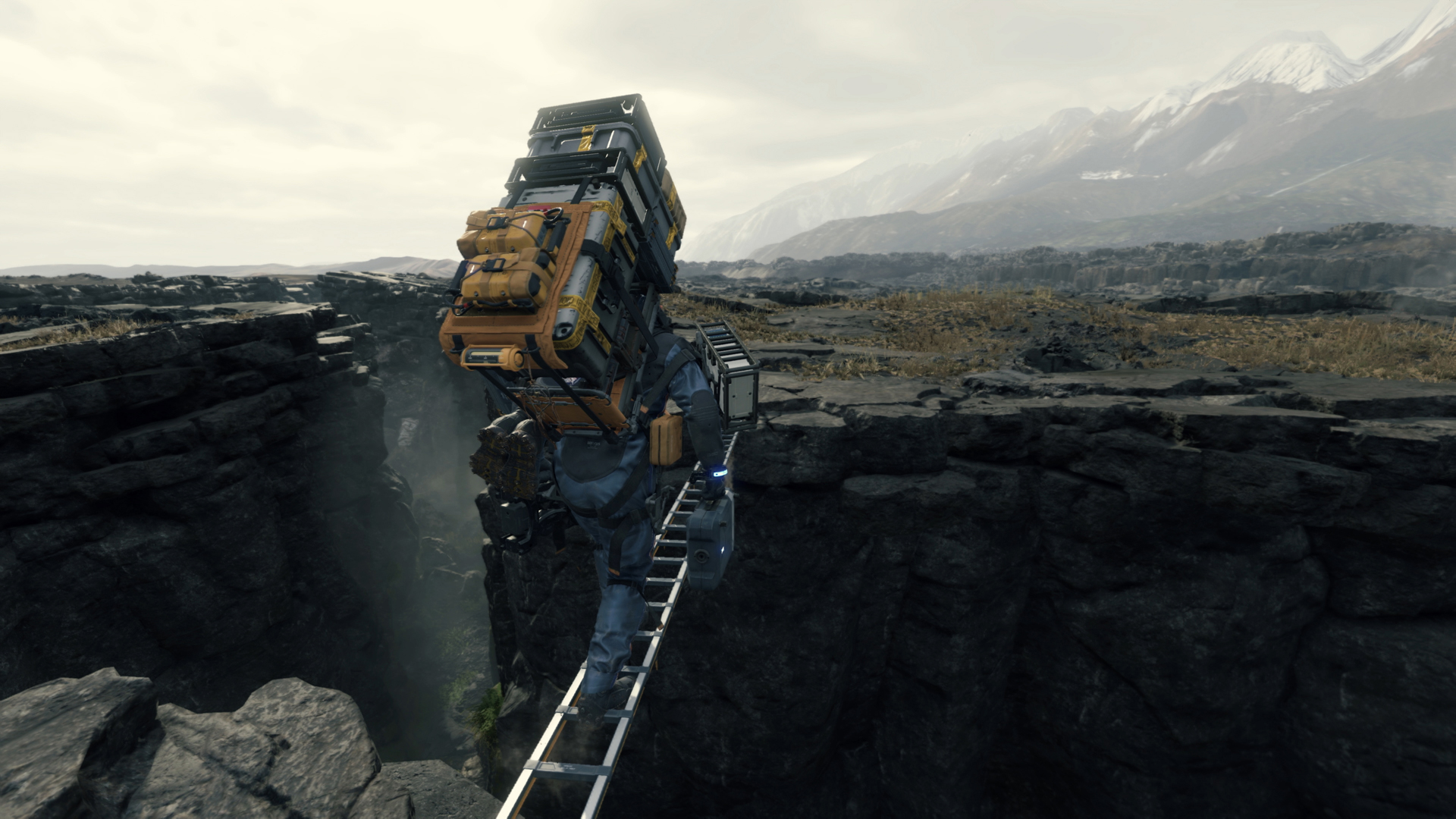
To properly establish its emotional stakes, director Glen Milner opens the documentary with a vague overview of Kojima's exit from Konami (never mentioned by name) and re-establishing of Kojima Productions under Sony. The movie opens in 2016 – there's a shot of Kojima unboxing a new computer for the office – and the start of development for Death Stranding.
While Kojima is a major figure in the gaming industry, he still has a lot to prove being on his own. At Konami, Kojima's job was, in his words, to "protect profits" and the company's brand. Back when he developed games for Konami, the company was a big enough entity to support teams through commercial failures. But now Kojima is independent, and Death Stranding is an original concept in a media ecosystem dominated by proven intellectual properties. Kojima says in the film, "If I mess up, there won't be a paycheck."
Furthermore, Death Stranding is not a straightforward action game. Instead, following some of Kojima's personal philosophies and politics, Death Stranding puts players in control of a courier whose job is delivering packages to colonies and re-establish a satellite network, all while traversing a vast post-apocalyptic United States overrun by monsters. With emphasis on single-player traversal, survival, and a melancholic mood that now seems prescient to the Covid-19 pandemic, Kojima's own team balked at the game's initial concept. There was "a largely negative response" from everyone, according to Kojima.
The death of Kojima's father led to his career in games
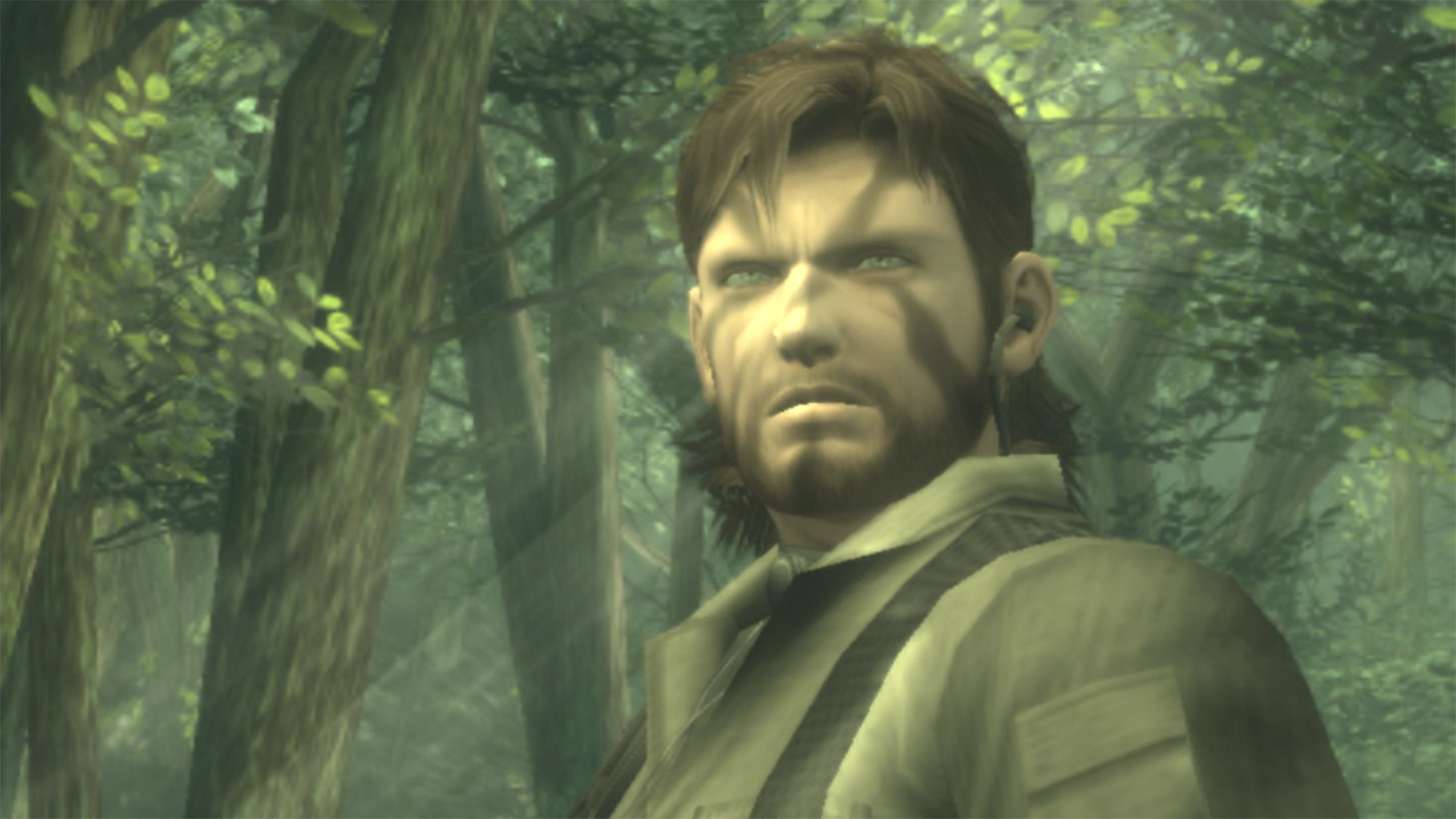
Connecting Worlds is far from an in-depth biography of Kojima. While Kojima makes mention of his parents and his childhood in Osaka, we do not see visual evidence of Kojima's upbringing. No family photos, no home movies. We do not even learn Kojima's parents' names.
Weekly digests, tales from the communities you love, and more
However, we do learn a little about them. In the film, Kojima mentions that the death of his father basically allowed him to pursue video games for a living. As Kojima explains, video games had an unsavory reputation in the late '70s and early '80s in Japan. However, Kojima's mother was accepting of her son's ambitions. Kojima says his extended family believed he was wasting his prospects, and that he absolutely knew his father wouldn't have approved either. It sounds bleak, but what would Hideo Kojima be today if he listened to his father?
Kojima is a micromanager
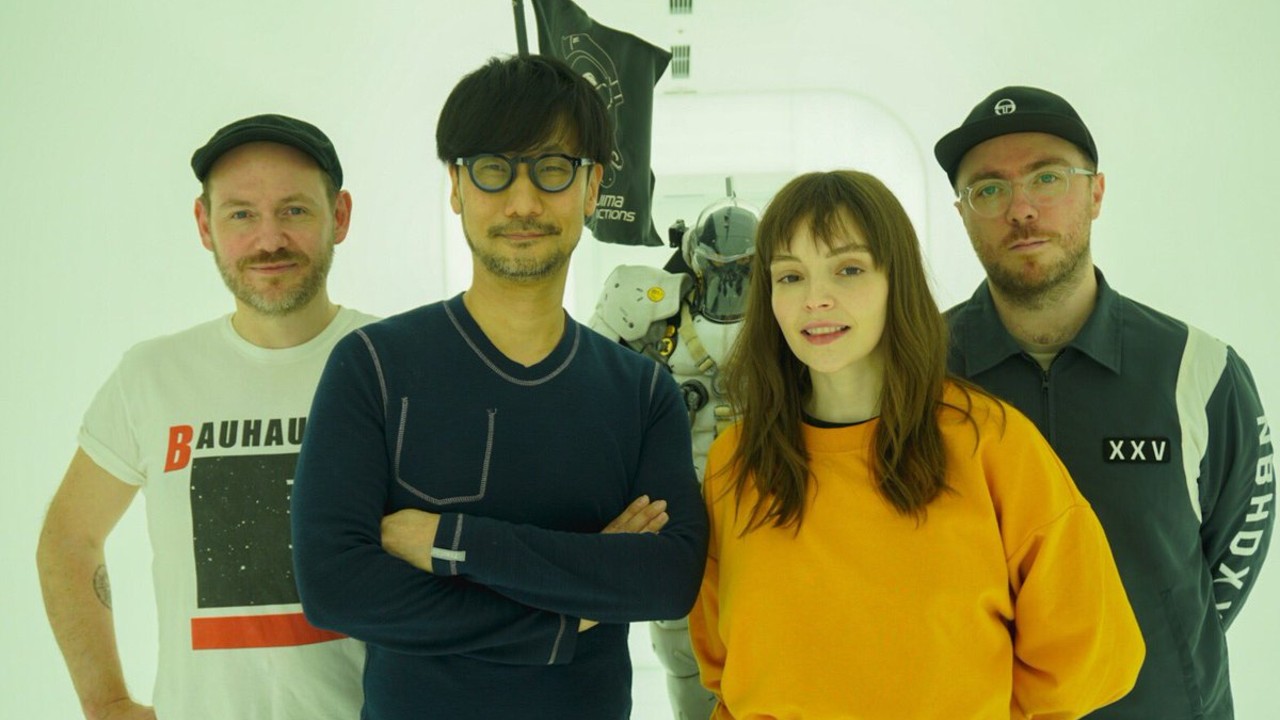
This might be unsurprising given the top-down collaborative nature of game production, but Hideo Kojima freely admits to being something of a micromanager. He willingly involves himself in so many aspects of production. The movie features Kojima entering long discussions over seemingly small matters, like the layouts of roadways and the color choices in the onscreen HUD.
Kojima jokes he performs bug-checks in his dreams. Some talking heads in the film, like CHVRCHES singer Lauren Mayberry, question if Kojima sleeps at all.
Kojima's cinematic influences
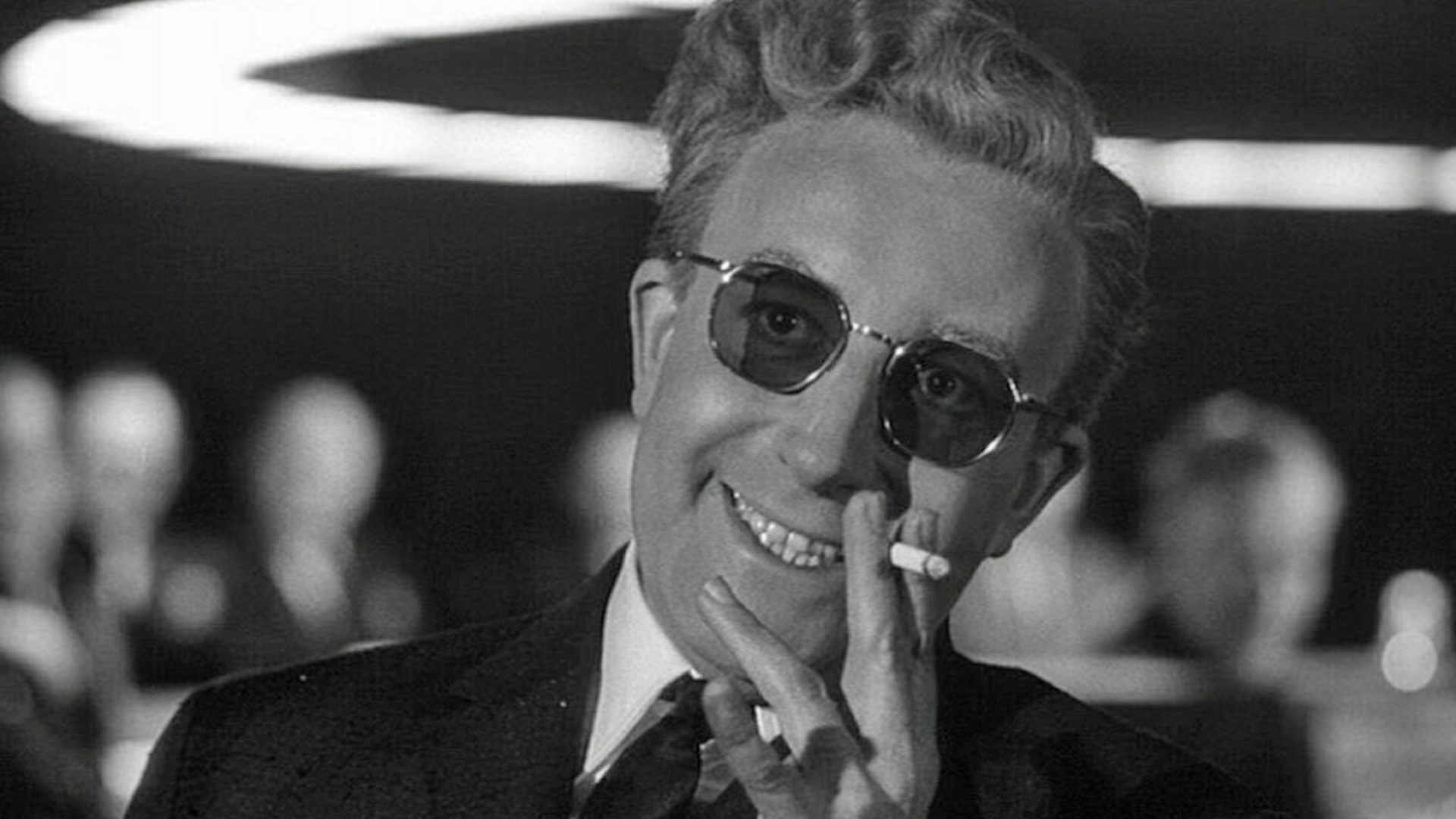
It's no secret Hideo Kojima loves movies. "70% of my body is made of movies," reads the bio of his English-language Twitter. In the documentary, Kojima says cinema is "like sunlight" to his being.
Naturally, a movie about Kojima dives into his love for the cinematic arts. The game director name-checks a few of his favorite auteurs like David Lynch, David Cronenberg, and Stanley Kubrick; such a revelation may illuminate some of Kojima's past works, like the predominant anti-war themes found in both Kubrick's Dr. Strangelove and Kojima's Metal Gear Solid.
The documentary reveals at least one film Kojima screened to the developers of Death Stranding: the 2017 biographic film Loving Vincent. Directed by Dorota Kobiela and Hugh Welchman, the movie tells of Vincent Van Gogh's life and the tragic circumstances of his death, with a novel approach to animation attempts to replicate the style of Van Gogh's famous paintings.
Kojima doesn't explicitly mention any reason why he screened Loving Vincent to the devs of Death Stranding. It could be the downcast tone of the movie that Kojima wanted for the game. Perhaps it was its willingness to experiment that Kojima wanted his fellow creators to do too. Maybe it was simply the film's arresting artistry that he wanted everyone to be inspired by. Maybe it was all of the above.
The stars of Death Stranding had a hard time understanding it
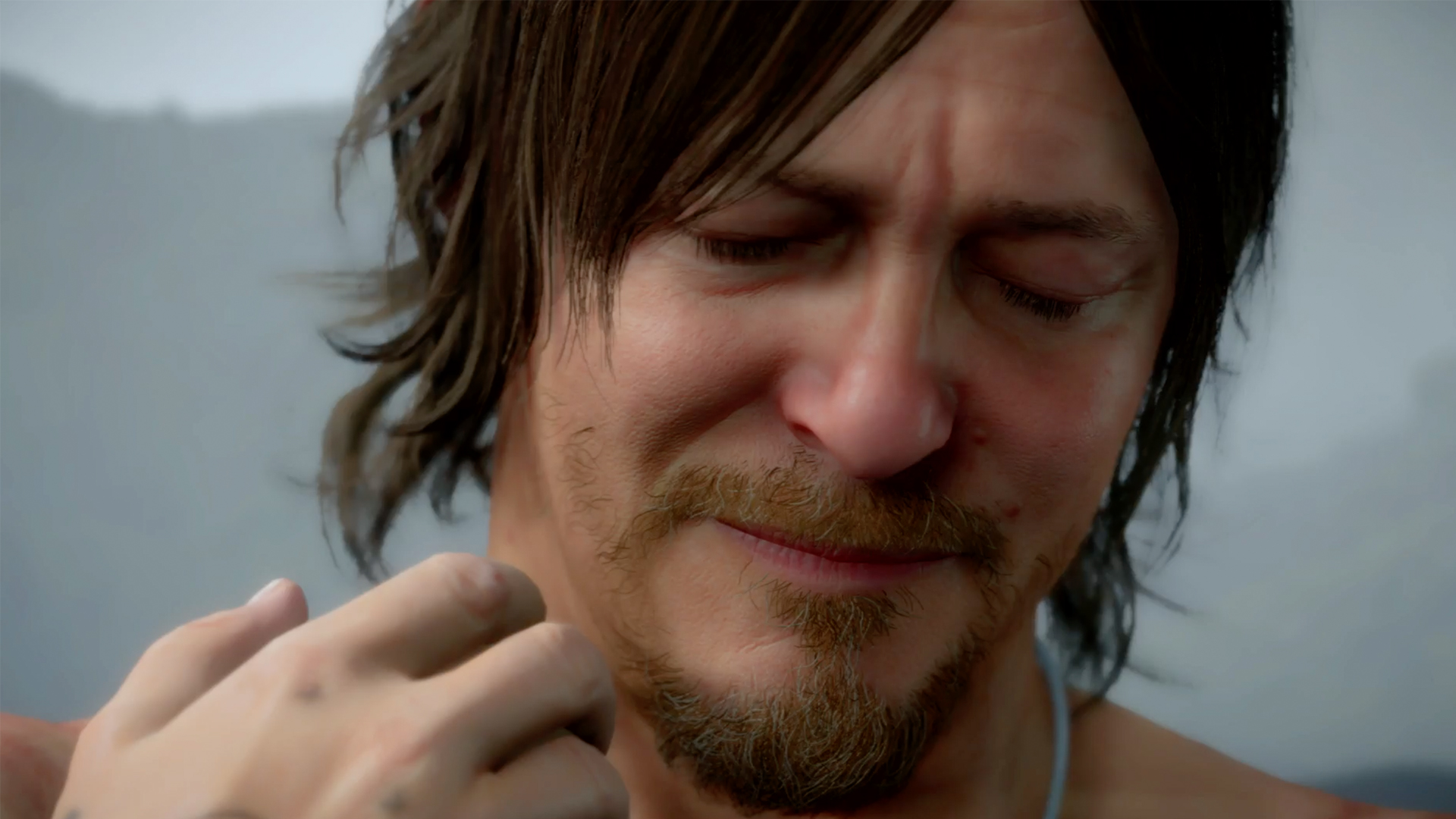
Kojima's love for movies extends to his video game work, with a handful of arthouse and Hollywood stars attached to Death Stranding.
Oscar-winner Guillermo del Toro, who lends his likeness to a character in the game, is one of Kojima's most ardent supporters and appears to be the one responsible for hooking Kojima up to actors like Norman Reedus, Lea Seydoux, and Mads Mikkelsen. In the documentary, Reedus hilariously details how he was introduced to Kojima via del Toro, who called him ahead of time and instructed him to just say "yes" to whatever Kojima told him.
All of the actors admit they had a hard time understanding Death Stranding. Troy Baker, who plays the antagonist Higgs Monaghan, says he had to be "drip fed" the story to grasp it. Between that and an arduous production that included extensive voice-over and motion-capture performances, it's no surprise that Death Stranding went over a few heads. But all of the actors involved say they simply allowed themselves to "trust" Kojima, as they do any movie director, and discovered that trust rewarding.
Hideo Kojima maintains anti-war politics in his games
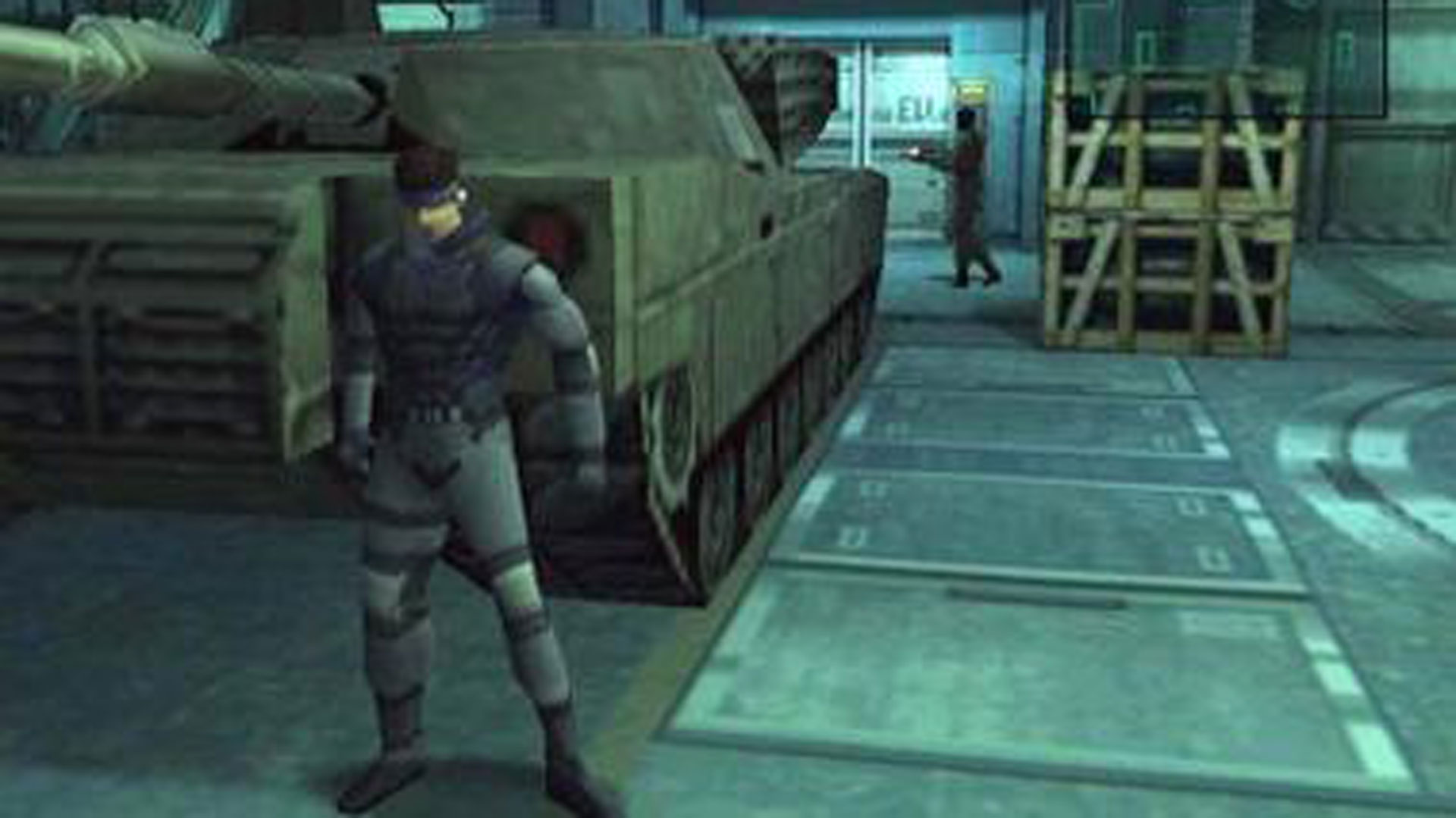
Kojima reveals in the documentary that his parents survived World War II, and endured so much suffering without truly understanding its full magnitude. The movie frames Kojima's pacifism in his inherited traumas, which may explain why games like Metal Gear Solid, cool as they are, aren't reverent of wartime heroics like other video games.
Kojima says he finds war games "uncomfortable," and that when he embarked on making games circa 1986, he did "not want to portray combat as heroism." Anyone who's played the Metal Gear series will tell you that direct combat is hardly the way to play them, and that stealth isn't just the only viable option but demanding of precision to get right, or else risk exposing the player to danger.
How the 1970 Japan Expo led to Death Stranding
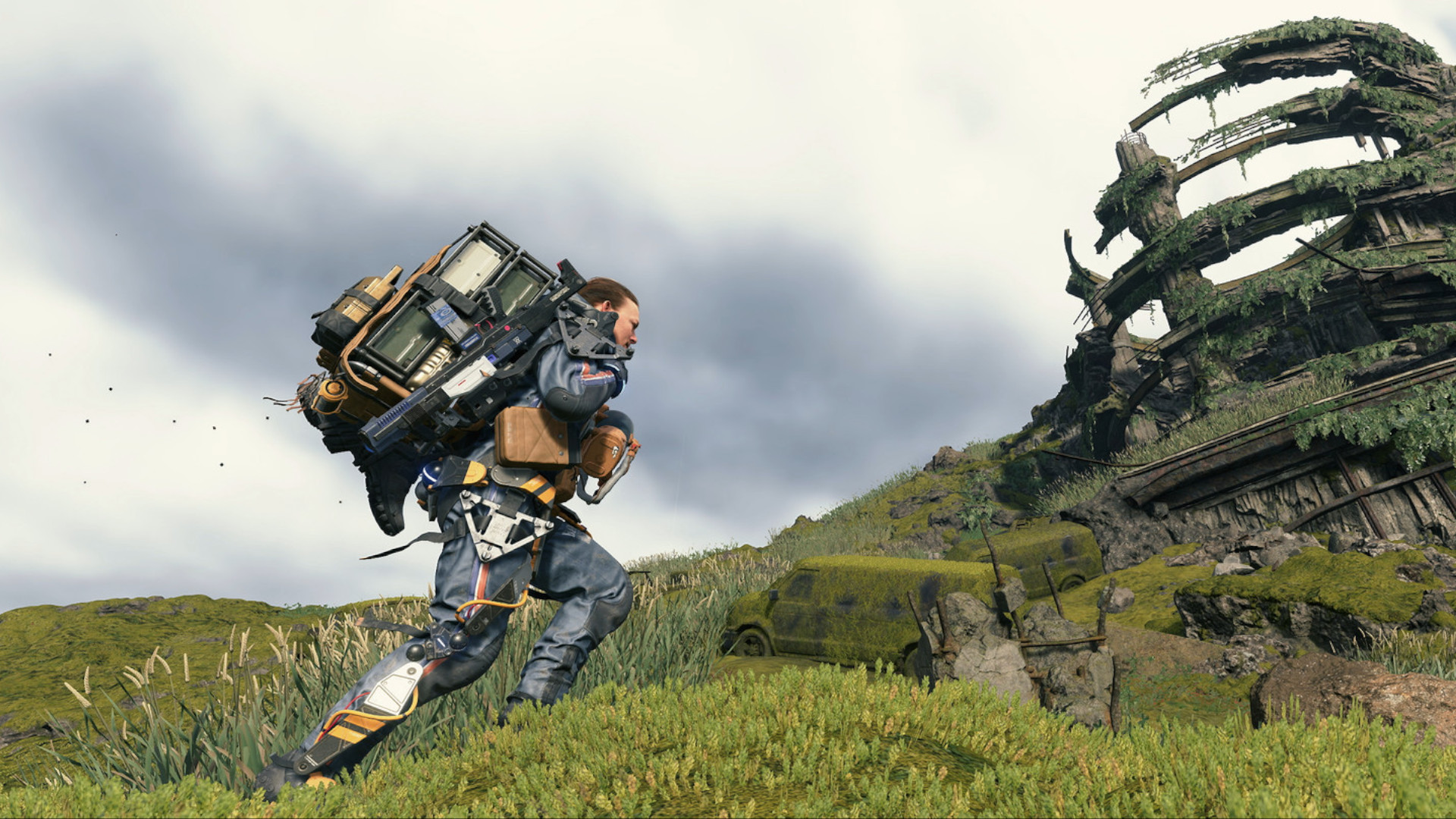
Kojima describes his childhood as introverted but full of curiosity. He frequently escaped from the real world through science fiction literature and popular culture. Such an overactive imagination had some drawbacks, as Kojima reveals he dreaded entering his home alone after school as a result of his parents working long hours. Even as an adult, Kojima can't stand being alone in the dark.
This revelation in the documentary might explain P.T. Back in a 2012 interview with Eurogamer, Kojima said he's interested in making a horror game precisely because he's "kind of a scaredy-cat," so he might know how to scare audiences in ways genre veterans do not. Years later, Kojima lit the gaming world on fire with P.T., a playable demo of a proposed Silent Hill sequel co-directed by Kojima and Guillermo del Toro that was unceremoniously canceled.
But Kojima's childhood curiosity encouraged fascination in the world beyond his neighborhood in Osaka. In 1970, his hometown hosted the Japan World Exposition, or Expo '70, which Kojima said was the first time he met and saw people from around the world. Much of the fair's attractions had demonstrations of cutting-edge technologies – archival footage in the documentary shows people trying out "video phones" – which impressed on Kojima a belief that technology is the pathway to world peace. It's hard not to see how Kojima approaches games in the same way, with Death Stranding all about striving to connect people in a world of isolation.
How Kojima sees Death Stranding in light of the pandemic
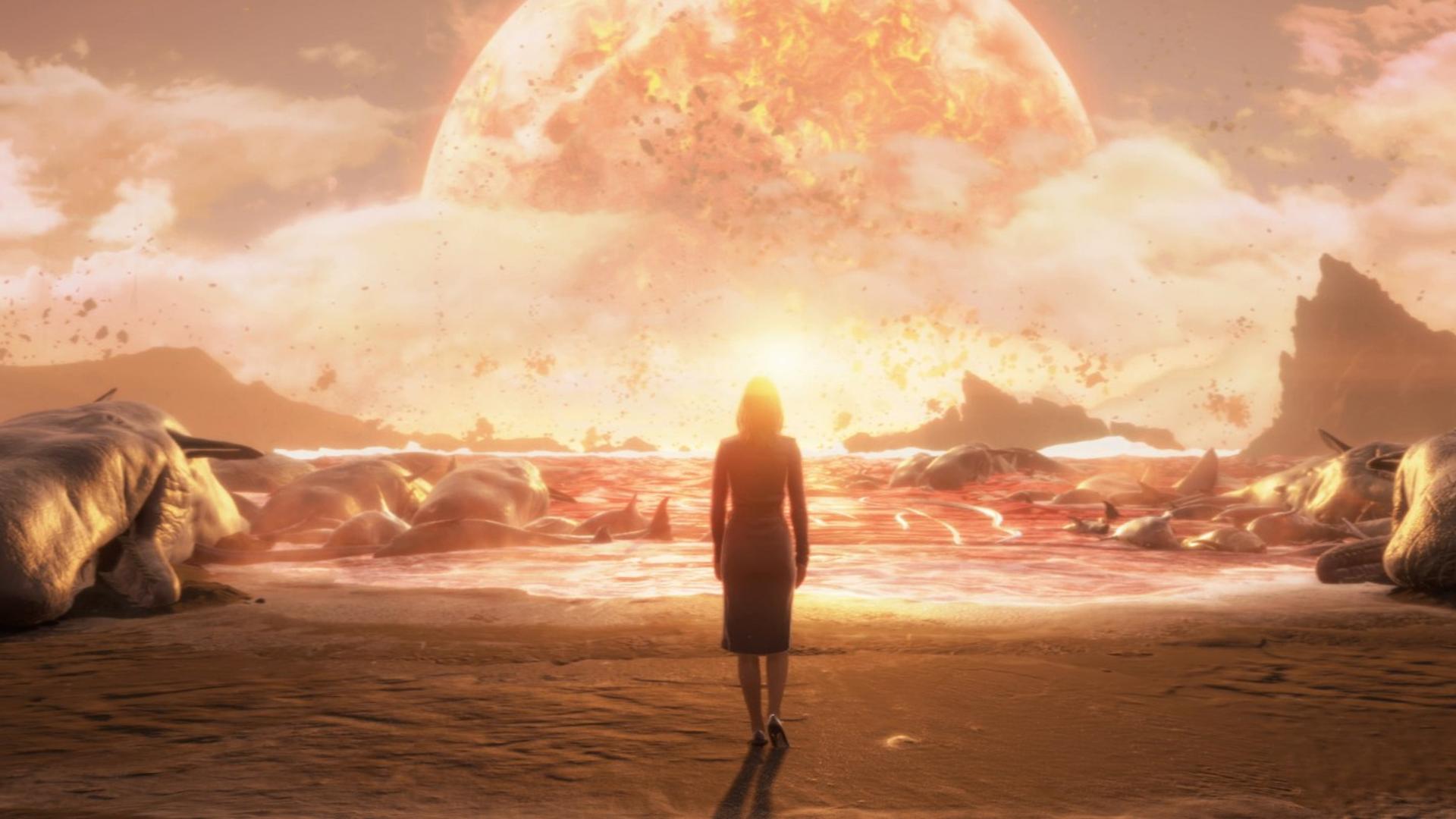
Death Stranding was first released for PS4 consoles on November 8, 2019. By December, the first cases of the novel coronavirus made headlines, and by March 2020 the world observed widespread quarantine.
Death Stranding doesn't take place in an apocalypse wrought by an airborne virus. But the game's gloomy atmosphere, alongside themes of collective isolation, societal decay, and the mundane-yet-essential need of labor, lends itself to a reality that so many experienced during the global pandemic. Outlets like NPR commented on Death Stranding's eerie prescience as "an extended meditation on death, solitude and connection", and "quietly reflective about the ways we build bridges to each other even in peril."
Now, the documentary has Hideo Kojima and other subjects commenting on the game's accidentally timely storytelling. A few joke that Kojima is a "half-prophet," while del Toro offers a more pointed observation that Death Stranding was "a Covid game before Covid [happened]." For his part, Kojima rejects any notion that he can see into the future. All he wanted, and still wants, is for games to connect people around the world.
Here is the absolute, definitive, totally unquestionable order of the best Metal Gear games

Eric Francisco is a freelance entertainment journalist and graduate of Rutgers University. If a movie or TV show has superheroes, spaceships, kung fu, or John Cena, he's your guy to make sense of it. A former senior writer at Inverse, his byline has also appeared at Vulture, The Daily Beast, Observer, and The Mary Sue. You can find him screaming at Devils hockey games or dodging enemy fire in Call of Duty: Warzone.


